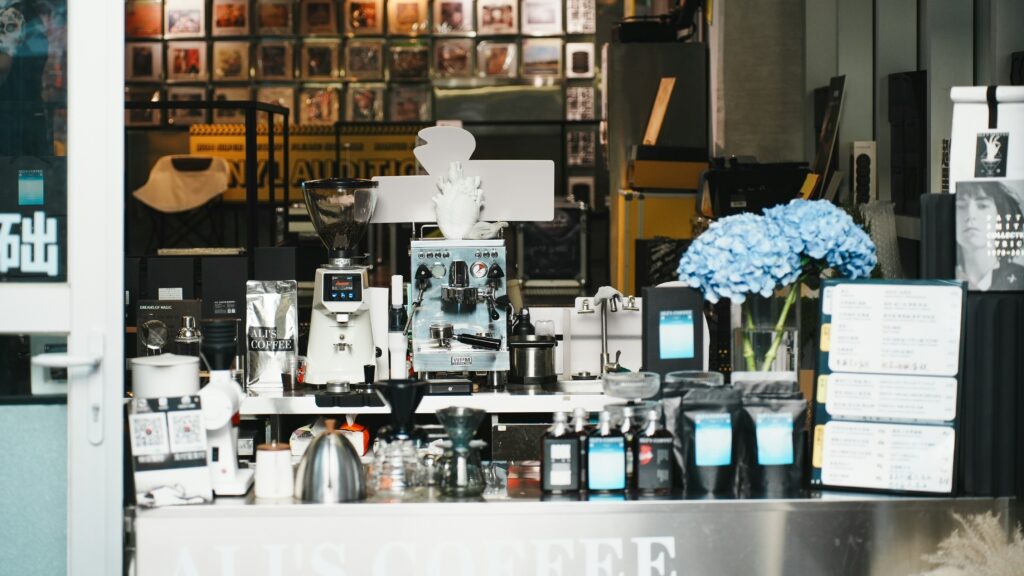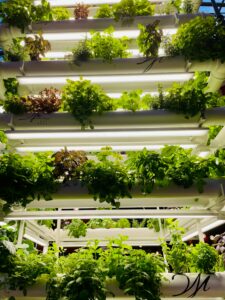Imagine a world where your morning cup of coffee is brewed not by a barista, but by a robot. Sounds like something out of a sci-fi movie, right? Well, that future may be closer than you think.
With the rise of artificial intelligence and automation technologies, coffee shops are exploring innovative ways to streamline their operations and enhance the customer experience. One such trend gaining traction in the industry is the use of robotic baristas. These robots are equipped with advanced software and sensors that allow them to grind beans, brew coffee, and even add the perfect amount of milk and sugar based on customer preferences.
According to a recent study by Market Research Future, the global market for robotic baristas is projected to reach $300 million by 2025, with major coffee chains like Starbucks and Costa Coffee already testing out these machines in select locations. Customers are drawn to the novelty and efficiency of robotic baristas, with some even preferring them over human counterparts for their consistency and speed.
However, this technological shift is not without its challenges. Critics argue that the rise of robotic baristas could lead to job displacement in the service industry, raising important questions about the future of work in an increasingly automated world. Despite these concerns, the trend towards automation in coffee shops reflects larger industry trends towards efficiency and innovation, highlighting the ways in which technology is reshaping traditional business models.



